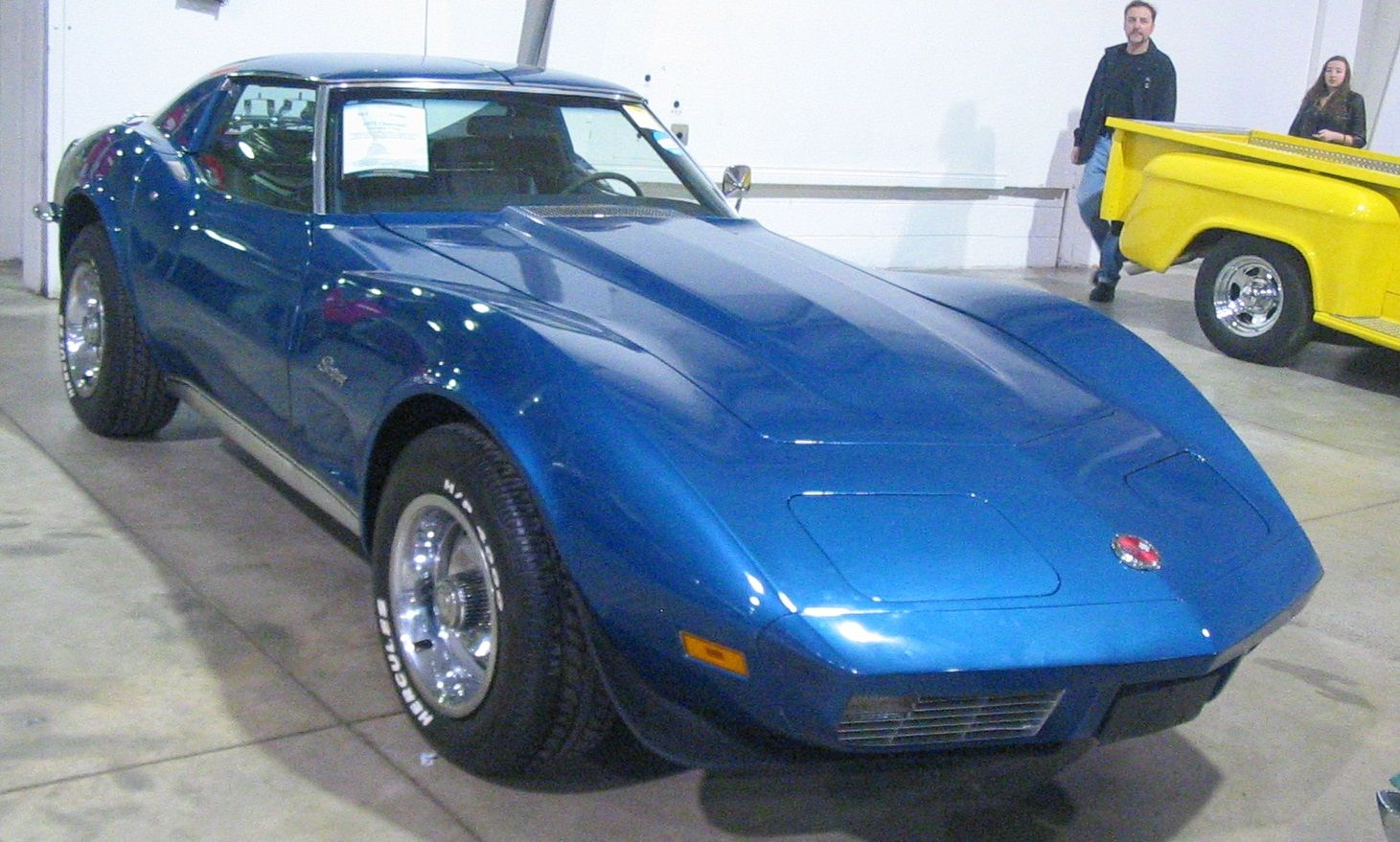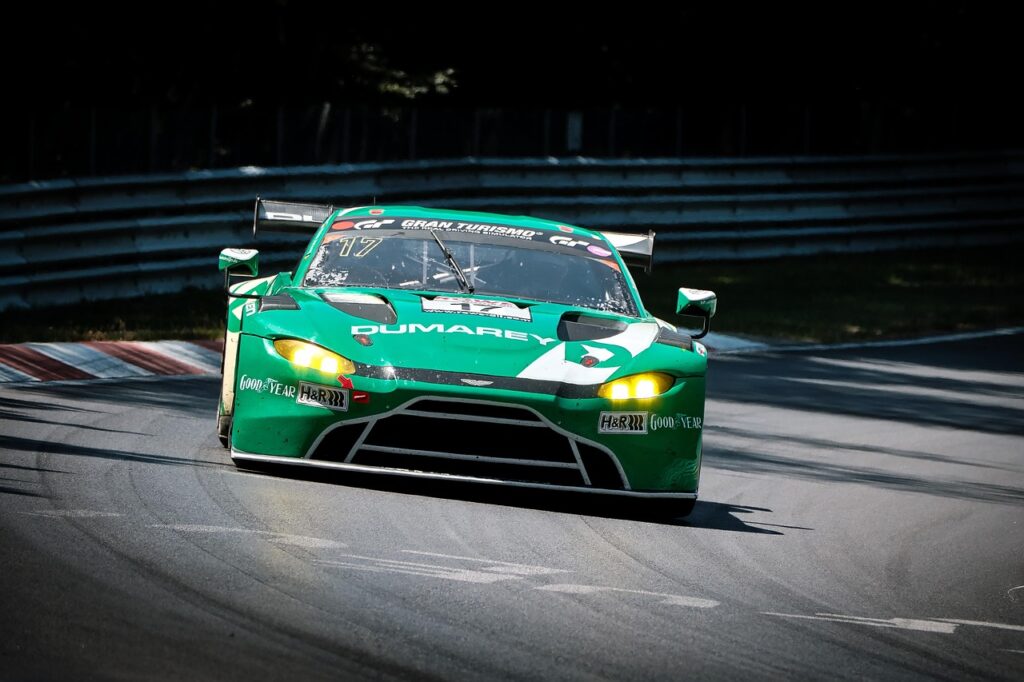
Owning a classic car is far more than just possessing a vehicle; it’s an embrace of history, a celebration of design, and a tangible connection to a bygone era. Whether you’re picturing yourself cruising in a meticulously restored 1965 Mustang or proudly showcasing a gleaming 1957 Chevrolet at a local car show, these rolling pieces of art represent a unique passion for many Americans. They evoke nostalgia, display the artistry of craftsmanship with their distinctive aesthetics, and offer an authentic driving experience that modern, highly automated vehicles often can’t match.
Yet, the journey of classic car ownership isn’t always a smooth highway. Navigating the legal landscape for classic car registration can feel like hitting a significant roadblock, with complex state laws, potentially high taxes, and sometimes tedious Department of Motor Vehicles (DMV) delays standing in the way of your vintage ride being street-legal. Understanding these intricate federal and state rules, from emissions exemptions to historic license plates, is absolutely essential to keeping your cherished automobile on the road without hassle.
This in-depth guide is designed to empower classic car enthusiasts by breaking down everything you need to know about state-specific requirements, helping you simplify the registration process and potentially save thousands of dollars. We’ll explore the key factors that make some states truly shine for classic car owners, highlighting specific benefits and challenges, and providing practical insights to ensure your classic car lifestyle is as enjoyable and unrestricted as possible.

1. **California: The Golden State’s Classic Car Appeal**California stands as an iconic destination for classic car owners, largely thanks to its unparalleled car culture, breathtaking scenic drives, and a generally mild climate that’s a boon for vintage vehicles. The state is a magnet for some of the most prestigious classic car events globally, including the renowned Pebble Beach Concours d’Elegance and the vibrant Los Angeles Classic Car Show, consistently drawing enthusiasts from every corner of the world to its sunny shores.
The expansive highway system and legendary scenic routes, such as the iconic Pacific Coast Highway, provide an idyllic backdrop and perfect setting for cruising in classic cars, allowing owners to fully experience the joy of their vintage machines. Furthermore, the state’s temperate climate, particularly in its coastal regions, plays a crucial role in preserving the pristine condition of classic vehicles. This environment significantly reduces common concerns about rust and deterioration, which are often caused by excessive moisture or extreme temperatures in other parts of the country.
However, classic car owners must be aware of California’s notoriously strict emission laws, which can present certain challenges. While pre-1976 vehicles are thankfully exempt from smog checks, newer classics may still need biennial tests unless they are specifically registered as historic vehicles. Despite these regulations, California offers an impressive array of classic car clubs and robust support networks, providing ample opportunities for enthusiasts to connect, proudly showcase their cars, and access specialized mechanics and trusted parts suppliers. For those prepared to navigate the regulatory landscape, California undoubtedly remains one of the most desirable locations for classic car collectors.
Read more about: Reality TV’s Reckoning: The Legal and Financial Disasters That Threaten Dynasties

2. **Arizona: Desert Dry and Rust-Free Dreams**Arizona’s strikingly dry desert climate offers a similarly favorable environment for classic car owners, acting as a natural guardian against the perennial enemy of vintage vehicles: rust and corrosion. The arid conditions are exceptional for preserving the longevity of vintage automobiles, making Arizona an ideal state not only for driving but also for long-term storage and meticulous upkeep of these precious machines. The low humidity levels inherent in the desert environment are particularly beneficial, minimizing the risk of moisture-induced damage that plagues vehicles in wetter climates.
Despite these undeniable advantages, classic car owners in Arizona must prepare for the state’s extreme summer heat. Temperatures that regularly soar above 100°F can undeniably pose significant challenges for older vehicles, especially those that lack modern cooling systems. It’s crucial for owners to understand that proper maintenance and protective measures, such as upgraded cooling components or thoughtful storage, can largely mitigate these issues. This ensures that the intense heat does not become a prohibitive factor in enjoying your classic ride.
For those who rise to this challenge, Arizona rewards them with a remarkably vibrant classic car scene. The state proudly hosts world-renowned events such as the annual Barrett-Jackson Collector Car Auction in Scottsdale, which alone attracts a colossal gathering of classic car enthusiasts and collectors from across the entire country. Overall, Arizona stands out as a genuinely car-friendly state, characterized by its low humidity and a thriving community of numerous classic car clubs, making it a top contender for classic car ownership.
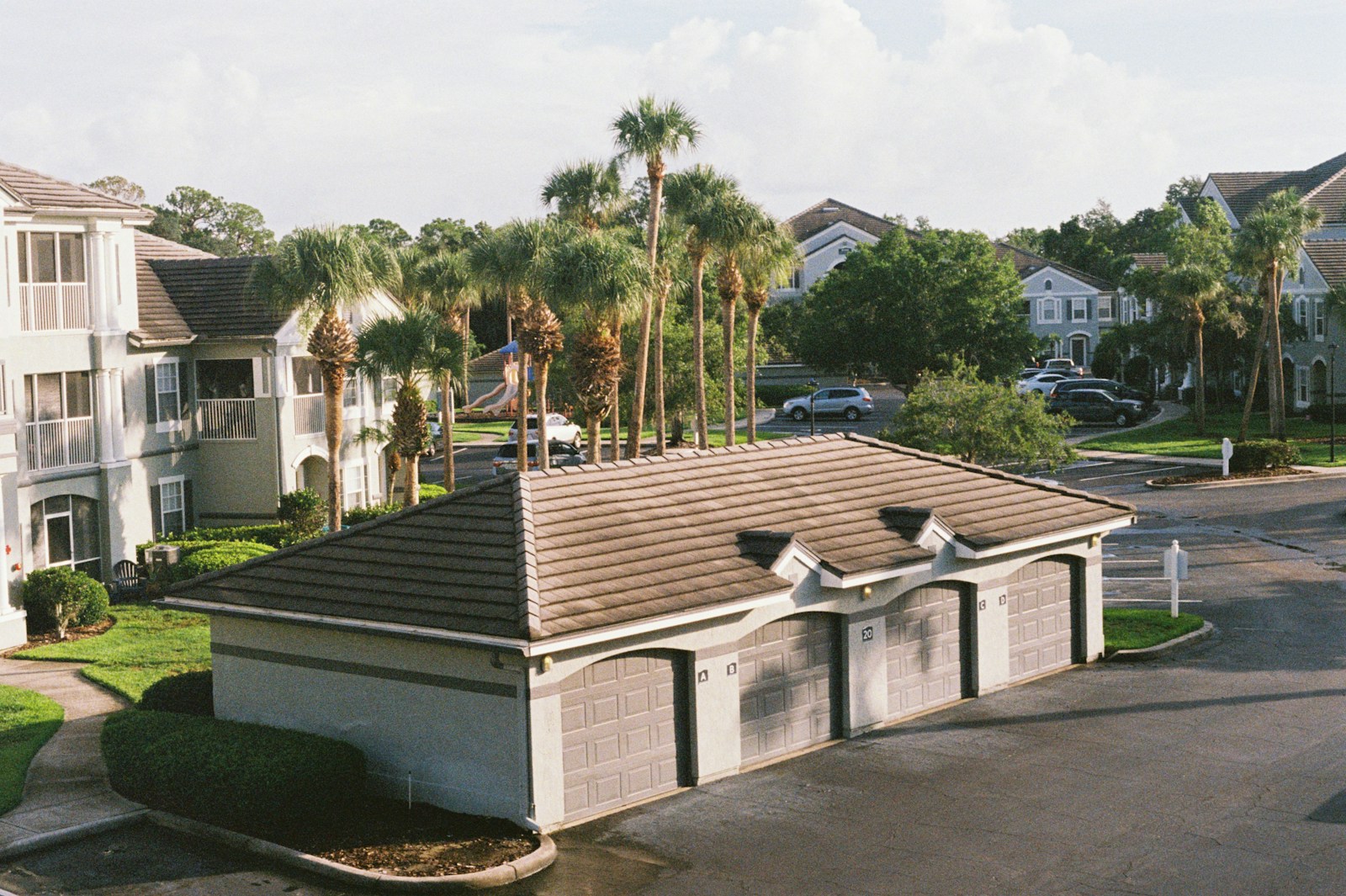
3. **Florida: Sunshine, Shows, and Salt Air Concerns**Florida emerges as yet another highly attractive state for classic car enthusiasts, distinguished by its robust car culture, consistently warm weather, and an impressive calendar packed with numerous classic car shows. Among these celebrated events are the prestigious Amelia Island Concours d’Elegance and the popular Daytona Turkey Run, which collectively draw legions of admirers and collectors from far and wide. The state’s generally flat terrain, combined with its picturesque coastal drives, creates an ideal canvas for owners to show off the timeless beauty of their classic cars, offering perfect opportunities for leisurely cruises.
Adding to its appeal, Florida also boasts notably lenient laws concerning the registration and taxation of classic cars. This regulatory environment makes it significantly easier and more cost-effective for owners to keep their cherished vintage vehicles legally on the road, reducing some of the financial and administrative burdens often found in other states. These factors contribute to a highly welcoming atmosphere for classic car owners, fostering a thriving community spirit.
However, it’s imperative for classic car owners to acknowledge the state’s high humidity and the ever-present risk of hurricanes, which can present considerable challenges for preserving classic cars. Rust and moisture damage are major concerns in such an environment, particularly for vehicles that are stored outdoors or in less-than-ideal conditions. To effectively protect their valuable investments, many owners wisely invest in climate-controlled garages and commit to a regimen of regular, diligent maintenance. Despite these specific environmental challenges, Florida’s strong network of car clubs, its abundant events, and accessible resources firmly establish it as a favorite choice for classic car owners who appreciate a dynamic and supportive community.
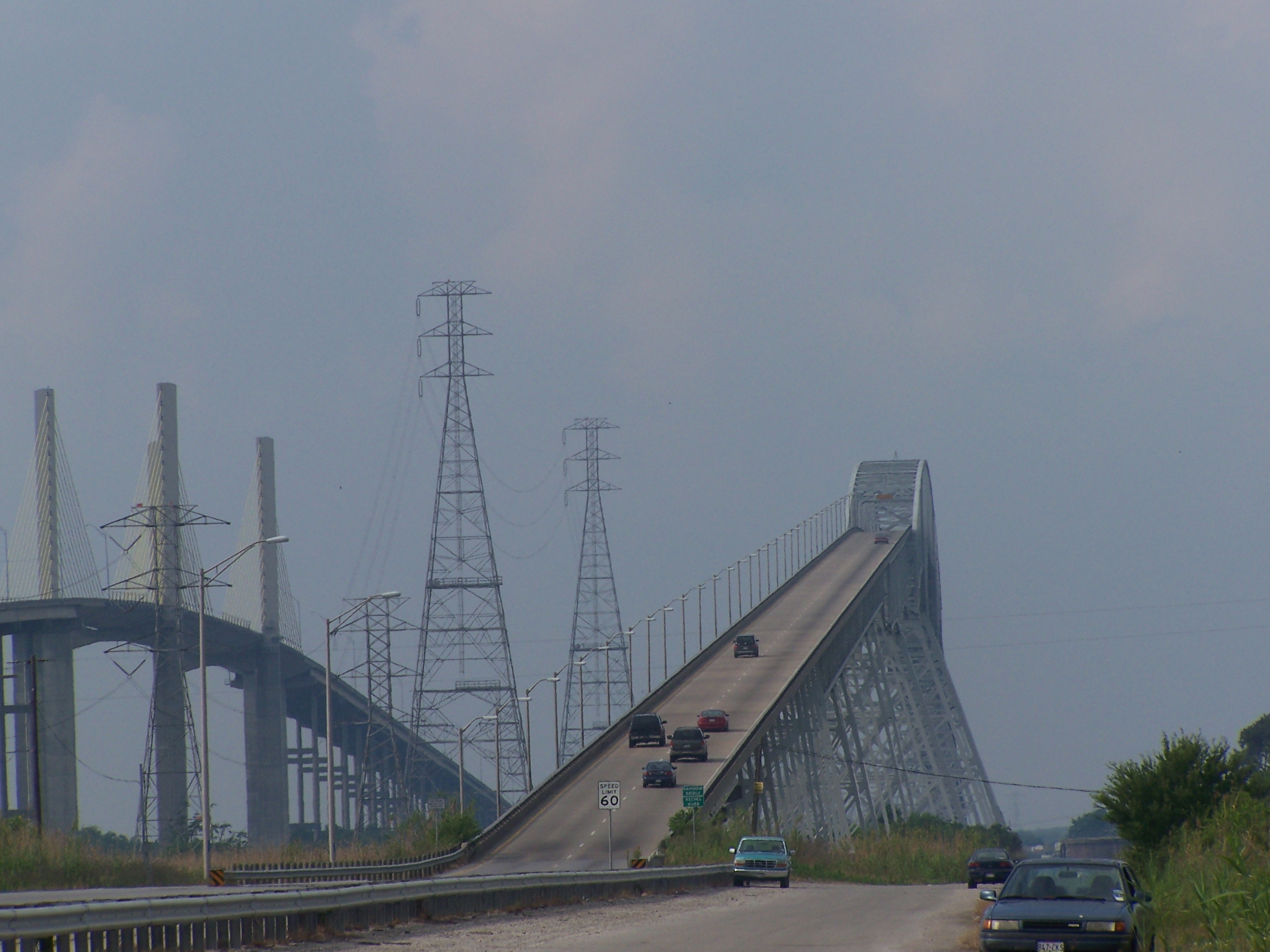
4. **Texas: Wide-Open Roads and Custom Car Havens**For classic car owners envisioning an expansive, genuinely car-friendly environment adorned with an abundance of wide-open roads perfectly suited for long, scenic drives, Texas stands out as an undeniable prime destination. The Lone Star State is home to a wonderfully vibrant car enthusiast scene, with major cities like Austin and Houston regularly hosting frequent car shows, bustling swap meets, and engaging auctions, fostering a strong sense of community and passion among collectors. The state’s remarkably diverse landscape, which gracefully transitions from rolling hills to captivating coastal drives, provides an extensive variety of beautiful settings that are simply made for taking classic cars out on the road.
Texas further distinguishes itself with relatively lenient laws concerning vehicle modifications, effectively making it a haven for both custom car builders and dedicated restorers who seek freedom in their craft. This regulatory flexibility allows for greater personalization and preservation efforts without undue bureaucratic hurdles. Classic cars, defined as vehicles 25 years or older, can qualify for either antique or classic plates. Antique plates, costing $50 for 5 years and requiring Form VTR-54, restrict use to shows or maintenance, while classic plates, using Form VTR-850, allow regular driving but necessitate annual inspections. Critically, no emissions tests are required for cars 25+ years old, and antique plates even waive safety inspections.
The primary challenge for classic car owners in Texas, however, stems from the state’s sometimes extreme weather conditions. Intense summer heat can place a significant strain on older engines, especially during extended drives or in areas lacking adequate shade. To adapt to these conditions, many classic car owners wisely invest in proper ventilation systems, employ shade covers, and adhere to a strict schedule of regular maintenance checks. This state’s active car culture and favorable regulations collectively make it a highly attractive state for collectors who are deeply passionate about both driving and meticulously restoring classic cars.
Read more about: Expert Guide: The 12 Premier States for Classic Car Collectors Seeking Tax Savings and Streamlined Registration
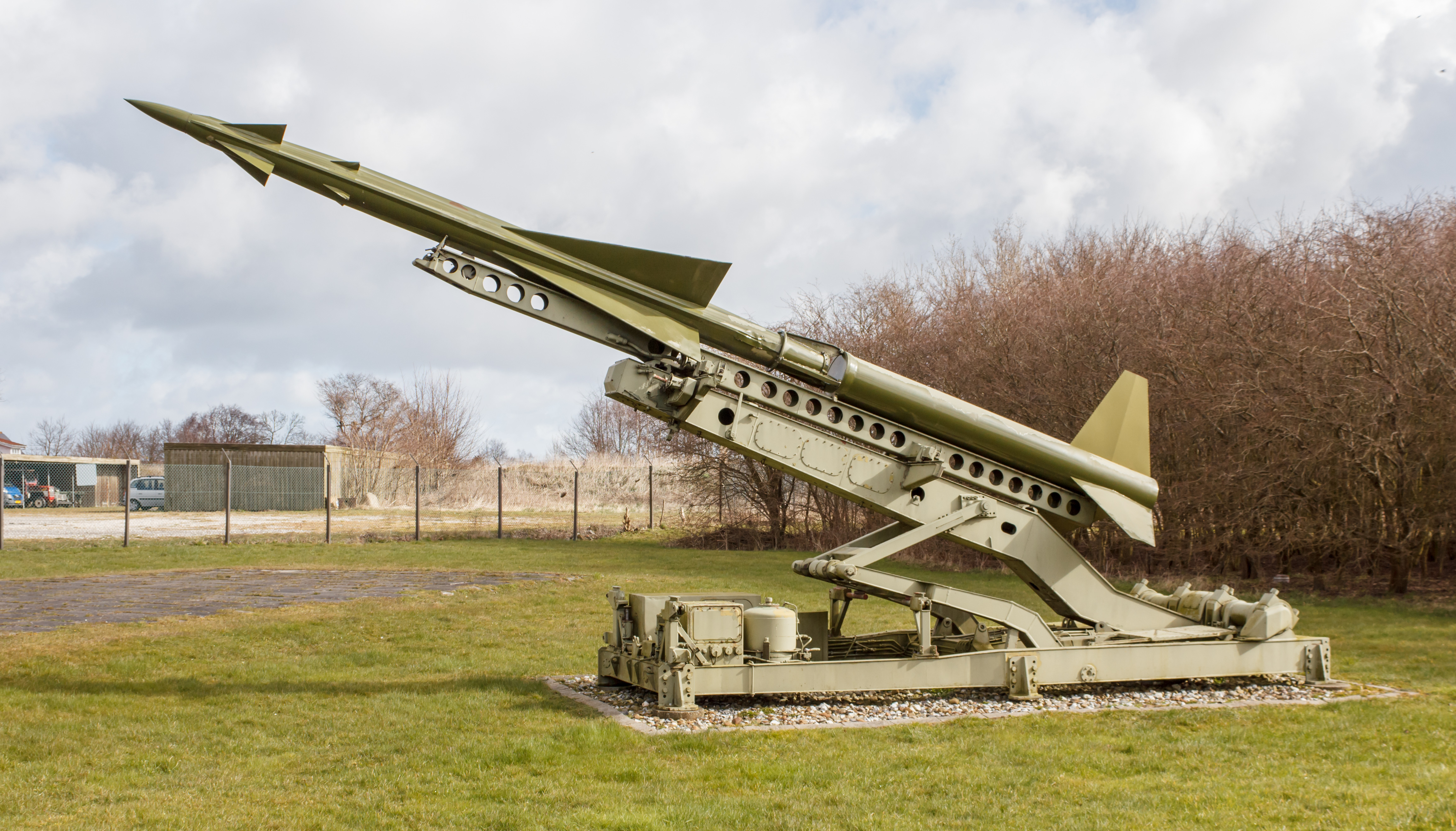
5. **Nevada: Dry Climate, Desert Drives, and Eventful Nights**Much like its neighboring state, Arizona, Nevada’s predominantly dry desert climate offers a significant advantage for classic car owners, primarily because the naturally low humidity levels effectively minimize the omnipresent risk of rust and corrosion that can plague vintage vehicles. This arid environment is particularly beneficial for maintaining the structural integrity and aesthetic appeal of classic cars over the long term, making it an excellent choice for both active driving and secure storage.
However, classic car enthusiasts in Nevada must also contend with the state’s intense heat, which can undeniably be tough on older vehicles. This is especially true during the scorching summer months when temperatures can frequently soar above a daunting 110°F. To effectively protect their valuable investments, owners are strongly advised to store their vehicles in shaded or, ideally, climate-controlled garages. Such measures are crucial for safeguarding delicate engines and preserving interior components from irreversible heat damage.
Despite these heat considerations, Nevada is a hub for famous classic car events, including the widely celebrated Las Vegas Auto Show and the iconic Hot August Nights in Reno, both of which consistently attract legions of car enthusiasts from across the globe. With miles of open roads and some truly scenic drives, such as those winding near Lake Tahoe or cutting through the vast Mojave Desert, Nevada provides an ideal canvas for taking classic cars out for an exhilarating spin. On top of these recreational benefits, Nevada’s minimal regulations for registering and insuring classic cars make it an exceptionally appealing place for collectors seeking a straightforward and less bureaucratic ownership experience.
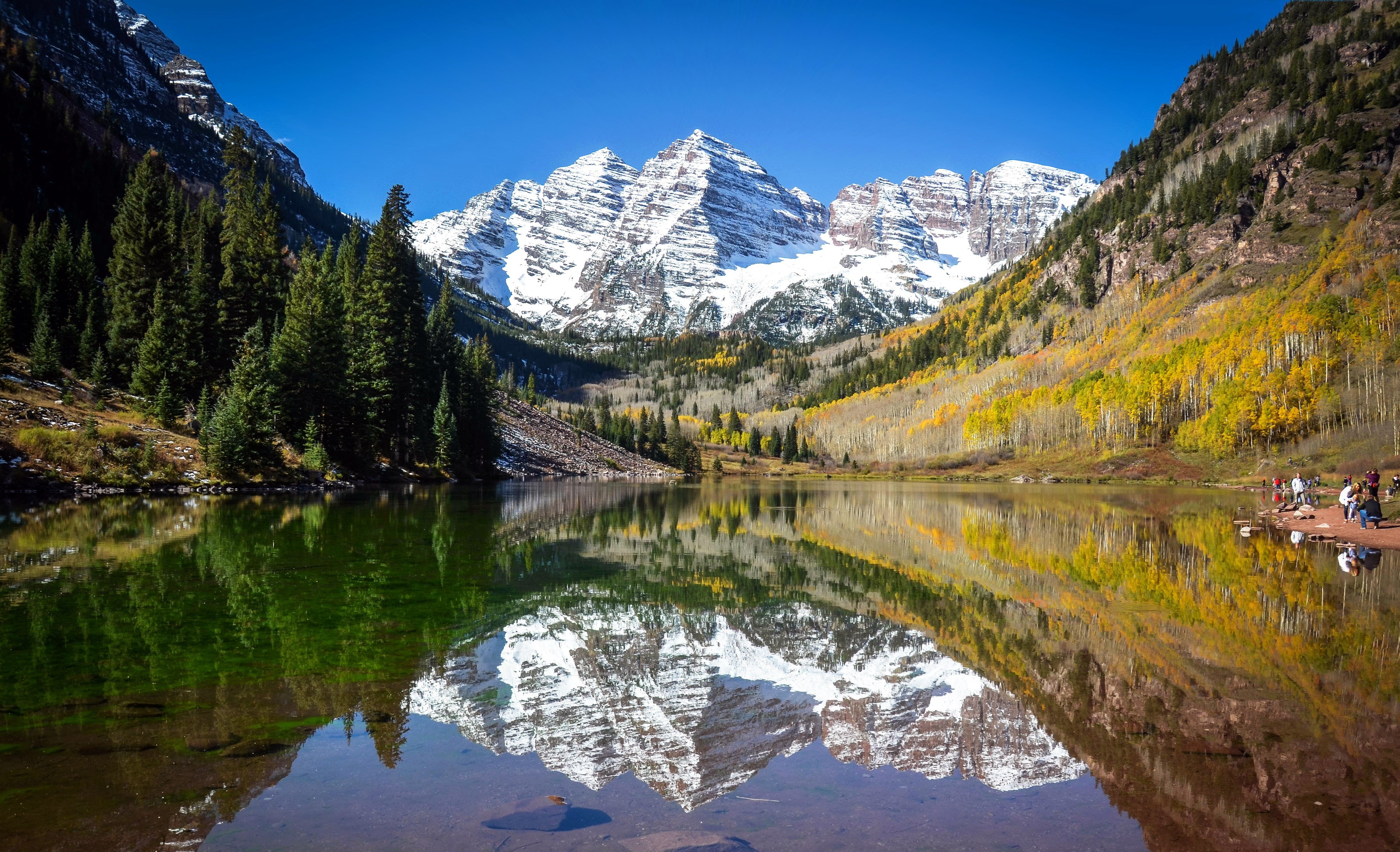
6. **Colorado: Mountain Majesty and Seasonal Classic Cruising**For classic car enthusiasts who are captivated by the allure of scenic mountain drives and expansive open highways, Colorado presents itself as a truly magnificent choice. The state’s wonderfully diverse geography, which seamlessly transitions from the majestic Rocky Mountains to the sweeping Great Plains, offers an unparalleled array of picturesque backdrops for driving your vintage vehicle. Imagine cruising along winding mountain roads or gliding across vast, open stretches with stunning natural beauty surrounding you at every turn; Colorado delivers these experiences in spades.
Colorado also proudly boasts a burgeoning number of classic car shows and vibrant events, such as the popular Rocky Mountain Rod & Custom Car Show, which effectively attracts enthusiasts from across the entire region. This growing community fosters a supportive environment for classic car owners to connect, share their passion, and showcase their prized automobiles. Furthermore, the state’s dry mountain air significantly contributes to its appeal by acting as a natural deterrent against rust, a common and vexing issue for vintage cars in more humid climates.
With that crucial advantage in mind, classic car owners should also be aware that Colorado’s harsh winters and the potential for heavy snowfall can make it challenging to drive their vehicles year-round. Many collectors wisely opt to store their cars during the colder months to prevent potential damage from corrosive road salt and treacherous icy conditions. However, for those who relish seasonal driving and have access to proper storage solutions, Colorado undeniably offers a compelling mix of breathtaking landscapes, a supportive car community, and abundant opportunities for showcasing classic cars, making it a unique and rewarding state for vintage vehicle ownership.
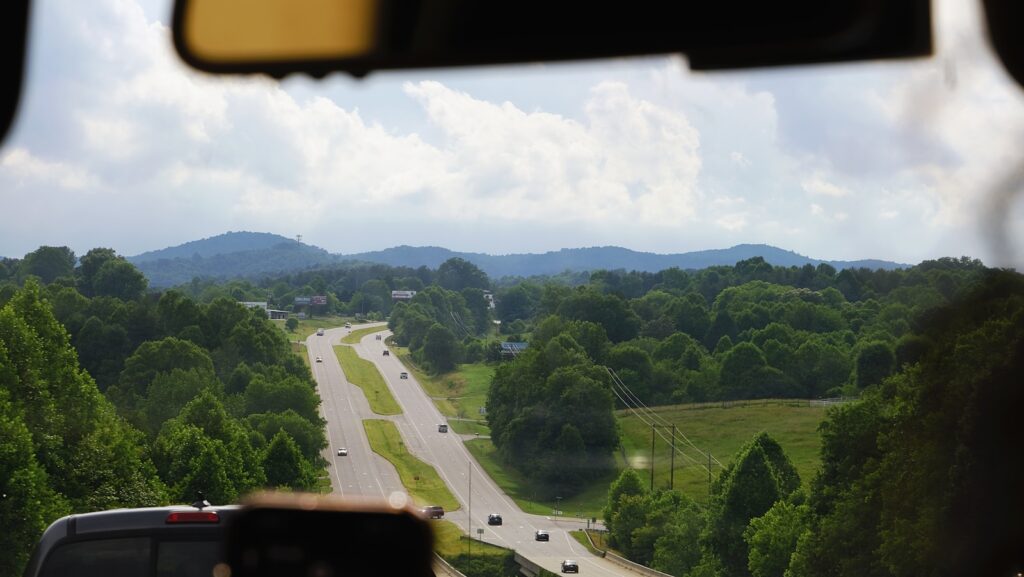
7. **North Carolina: Southern Charm, Scenic Routes, and Coastal Considerations**North Carolina’s temperate climate, characterized by mild winters and comfortably warm summers, provides a generally favorable environment for classic car owners, striking a pleasant balance between different seasons. The state is a welcoming host to several significant classic car shows and engaging events, including the popular Charlotte AutoFair and the lively North Carolina Hot Rod Festival, which both attract a dedicated following of enthusiasts. These events contribute to a vibrant and active car culture that is deeply appreciated by collectors across the region.
Adding to its allure, the iconic Blue Ridge Parkway and the picturesque Outer Banks offer stunning routes for enthusiasts to enjoy leisurely drives, making North Carolina an especially appealing state for collectors who genuinely love to drive their vintage automobiles. The variety of landscapes, from mountain vistas to coastal panoramas, ensures a diverse and engaging driving experience that few other states can match, allowing classic cars to be enjoyed in their natural habitat.
While North Carolina’s climate is largely beneficial, it is important to note that the coastal areas can indeed pose specific challenges due to higher humidity levels and the inherent risk of hurricanes. Similar to other states along the Atlantic seaboard, classic car owners in these regions will need to invest in robust and proper storage solutions to effectively protect their valuable vehicles from moisture damage and the potential impact of severe storms. Nevertheless, North Carolina’s strong car culture, its supportive community of enthusiasts, and its beautiful driving routes collectively make it a top choice for those who are truly passionate about classic cars, offering a rewarding blend of community, scenery, and opportunity for vintage vehicle enjoyment.
Continuing our exploration of the United States, we now delve into additional states that offer distinct environments and regulatory frameworks for classic car enthusiasts. These noteworthy locations contribute uniquely to the classic car community, presenting their own sets of registration requirements, community engagement opportunities, and considerations for cost-effective ownership. Understanding these diverse state-specific nuances is crucial for collectors aiming to make informed decisions about where to enjoy and maintain their vintage automobiles.
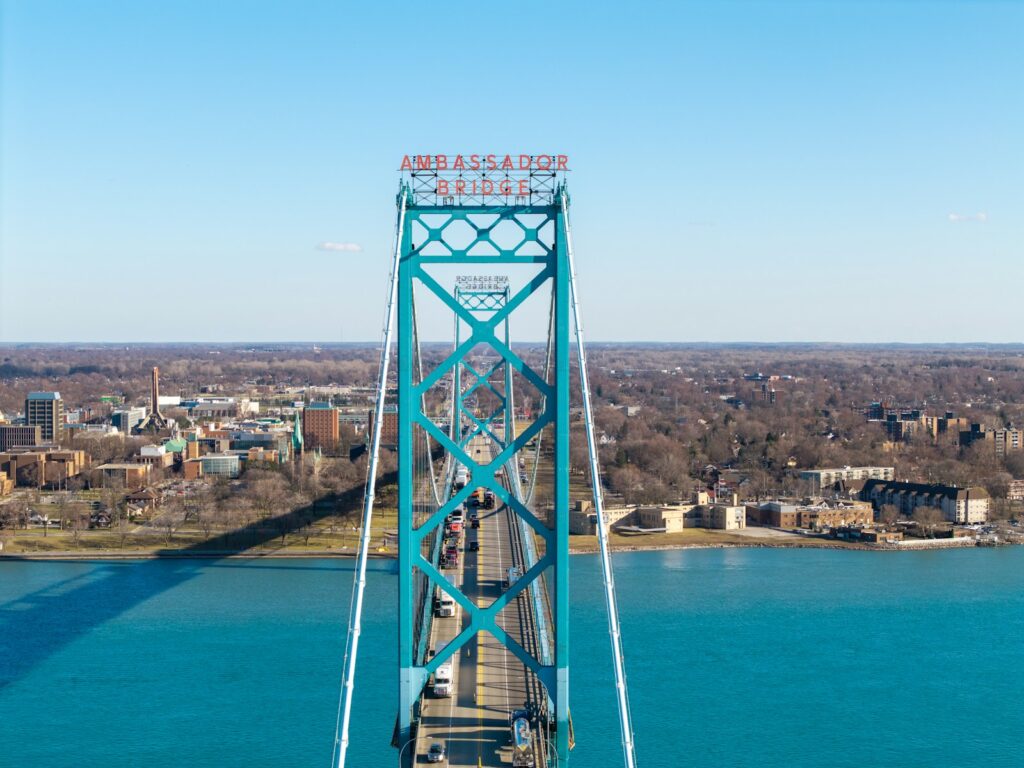
8. **Michigan: The Heartbeat of American Automotive Culture**Michigan, proudly recognized as the birthplace of the American automotive industry, boasts a classic car culture that is simply unmatched. This deep-rooted heritage fosters an exceptionally vibrant community of enthusiasts, a place where the love for vintage vehicles runs as strong as the automotive history itself. Owners here find themselves amidst a thriving scene, offering a profound sense of connection to the very origins of automobile manufacturing in the nation.
While the state’s historical significance for cars is undeniable, classic car owners must contend with Michigan’s famously harsh weather. Winters, in particular, bring heavy snowfall and icy conditions, which can be detrimental to the delicate components of vintage automobiles. These environmental factors necessitate careful planning for storage, often requiring climate-controlled facilities to protect vehicles from rust, corrosion, and other weather-induced damage.
Despite these climatic challenges, Michigan’s unparalleled car culture provides ample opportunities for enthusiasts to engage. The state is a magnet for various car shows, swap meets, and events that celebrate its rich automotive past, attracting collectors and admirers from across the country. For many, the chance to be part of such a historically significant and active community outweighs the practical considerations of weather, making Michigan a compelling choice for truly dedicated classic car owners.
Owners in Michigan typically store their prized possessions during the colder months, protecting them from corrosive road salts and extreme temperatures. This seasonal approach to classic car enjoyment allows enthusiasts to fully embrace the vibrant car show season during milder weather while ensuring the long-term preservation of their investments. The robust network of specialized mechanics and parts suppliers, a direct result of the state’s automotive legacy, further supports classic car upkeep, simplifying maintenance for owners.
Read more about: Pebble Beach: The Tiny Enclave Where Every Drive is a Vintage Dream (And Why This Phenomenon Thrives Across America)
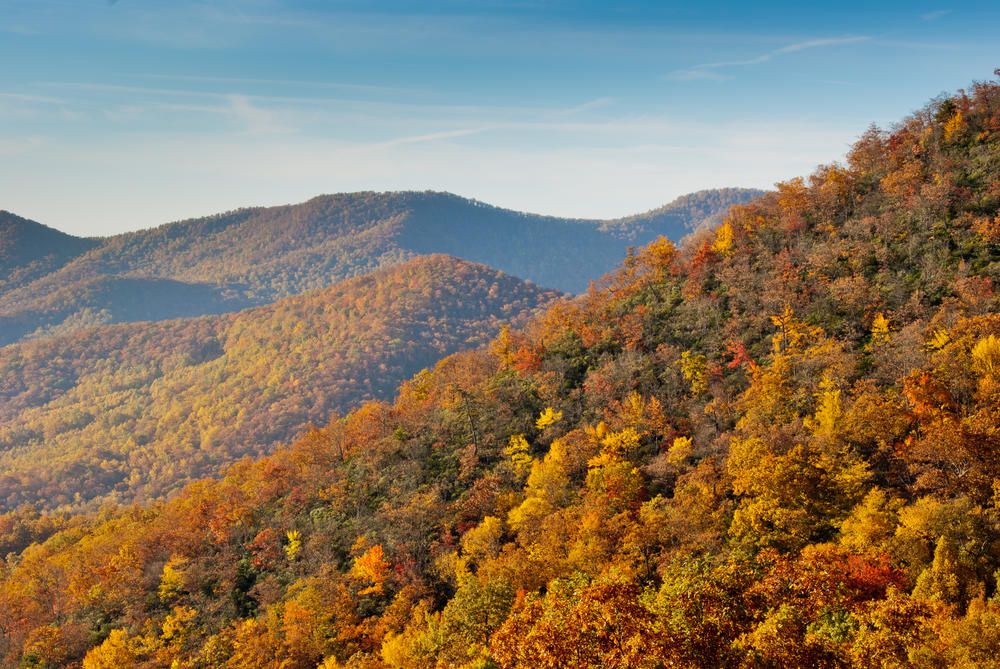
9. **Georgia: Southern Hospitality Meets a Growing Car Scene**Georgia presents an increasingly attractive option for classic car owners, characterized by its generally mild weather and a steadily growing car scene. The state’s climate, with its temperate winters and warm summers, creates a largely favorable environment for vintage vehicles, allowing for more extended periods of enjoyable driving throughout the year. This balance of seasons helps to mitigate some of the extreme conditions found in other parts of the country, contributing to better preservation of classic cars.
However, classic car enthusiasts in Georgia should be mindful of the state’s humidity, which can become a significant issue, particularly during the hot summer months. High humidity levels pose an inherent risk for rust and moisture-related damage to older vehicles, especially those not stored in ideal conditions. Prudent owners often invest in dehumidified garages or dedicated climate-controlled storage solutions to effectively safeguard their valuable automobiles from these environmental challenges.
Beyond the climate, Georgia’s classic car community is expanding, with a noticeable increase in local car shows, cruise-ins, and club activities. This burgeoning scene offers enthusiastic owners abundant opportunities to connect with fellow collectors, proudly display their vintage rides, and share their passion for automotive history. The growing network provides a supportive backdrop for maintaining and enjoying classic vehicles within a welcoming atmosphere.
The registration requirements for classic cars in Georgia generally follow standard procedures, though owners should consult the state’s Department of Motor Vehicles for specific details on historical or antique plate options. These specialized registrations often come with benefits such as reduced fees or exemptions, making ownership more cost-effective. The combination of favorable weather, a thriving community, and straightforward regulations makes Georgia a state of rising interest for classic car aficionados seeking a balanced ownership experience.
Read more about: Grab Your Fork! We’re Ranking 14 Comfort Food Kings from America’s Most Iconic Diners, Drive-Ins, and Dives, State by State!

10. **Oregon: Breathtaking Scenic Drives and Pacific Northwesterly Nuances**Oregon is widely celebrated for its absolutely breathtaking scenic drives, offering classic car owners unparalleled backdrops for leisurely cruises. From the dramatic Oregon Coast Highway to the verdant routes through the Cascade Mountains, the state provides an exquisite variety of landscapes that are perfectly suited for experiencing the unique joy of driving a vintage vehicle. These routes are a major draw for enthusiasts who prioritize the driving experience and the aesthetic pleasure of their cars in motion.
However, the state’s weather patterns can introduce specific challenges for classic car preservation and year-round enjoyment. Oregon is known for its wet and sometimes harsh conditions, particularly in coastal and western regions, where consistent rainfall and higher humidity levels are common. These factors necessitate diligent rust prevention strategies and secure, moisture-controlled storage to protect vintage automobiles from deterioration, especially during the wetter seasons.
Despite the climatic considerations, Oregon’s classic car community is active and passionate. Local events, cruise nights, and specialized clubs offer plenty of opportunities for owners to gather, share their restorations, and connect with like-minded individuals. The enthusiasm for classic cars remains strong, driven by a love for unique vehicles and the state’s stunning natural beauty that provides an impressive stage for car gatherings.
While specific classic car registration details should always be verified with the Oregon Department of Motor Vehicles, the state generally supports the classic car hobby, often providing pathways for antique or special interest vehicle plates. These options can offer certain benefits, such as distinct visual identifiers and potentially different fee structures or inspection requirements compared to standard vehicle registrations. For those prepared to manage the climate with proper care, Oregon promises a truly rewarding classic car experience with its captivating drives and growing community.
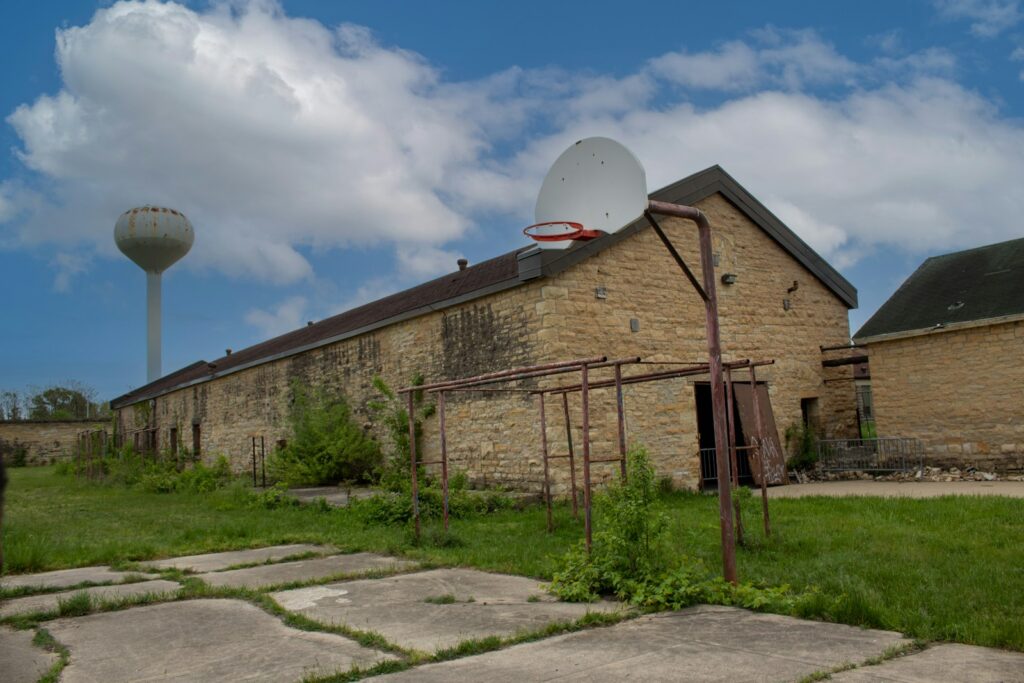
11. **Illinois: Historic Registrations and Midwestern Car Culture**Illinois offers a structured approach to classic car ownership, officially recognizing vehicles that are 20 years or older as classic cars. This age criterion is relatively more inclusive than some other states, allowing a broader range of vintage vehicles to qualify for specialized registration benefits. Understanding this classification is the first step for owners seeking to leverage the state’s provisions for their cherished automobiles.
The registration process in Illinois is straightforward, typically requiring a completed application, comprehensive proof of ownership, and the payment of applicable fees. A significant advantage for owners in Illinois is the availability of “historic” vehicle registrations. While these registrations may come with certain driving restrictions—often limiting use to car shows, parades, or maintenance purposes—they represent a legal pathway for owners to enjoy their classic cars without extensive regulatory burdens.
These historic plates are particularly appealing to collectors who primarily use their vintage vehicles for recreational purposes rather than daily commuting. The reduced usage often translates into lower insurance rates and potentially different inspection requirements, making ownership more financially manageable. It is important for owners to thoroughly review the specific driving restrictions associated with historic registrations to ensure full compliance.
Illinois also boasts a robust Midwestern car culture, with various classic car shows, swap meets, and enthusiast gatherings taking place throughout the year. This active community provides a supportive environment for classic car owners, offering ample opportunities to connect, showcase their vehicles, and access resources for restoration and maintenance. For those who appreciate a well-defined legal framework and a vibrant local scene, Illinois presents a solid option for classic car ownership.

12. **Pennsylvania: A Rich History for Vintage Vehicle Enthusiasts**In Pennsylvania, the definition of a classic car is quite distinctive, recognizing vehicles manufactured at least 15 years prior to the current year. This classification is notably more accommodating than many other states, potentially allowing a wider array of older vehicles to qualify for classic status. Such a flexible age requirement opens doors for enthusiasts whose collections span a broader range of automotive history, including cars that might not yet meet stricter 20- or 25-year benchmarks elsewhere.
The registration process in Pennsylvania involves obtaining a clear car title, completing a detailed registration application, and providing valid proof of insurance. A key benefit for owners in the Keystone State is the option to apply for classic registration plates. These specialized plates not only enhance the vintage appeal of the car but can also signify its distinguished status within the vehicle registry, offering a unique touch for proud owners.
These classic registration plates are more than just cosmetic; they often come with specific regulations that can differ from standard vehicle registrations. While the state strives to support classic car ownership, owners should always consult the Pennsylvania Department of Transportation (PennDOT) for the precise requirements, potential driving restrictions, and any inspection exemptions associated with these specialized plates, ensuring seamless compliance.
Pennsylvania’s rich automotive history and active car culture contribute significantly to its appeal for classic car owners. Numerous local events, car shows, and enthusiast clubs provide a supportive network where collectors can share their passion, display their vehicles, and find resources for maintenance and restoration. The combination of a broad classic car definition and the availability of specialized plates makes Pennsylvania a noteworthy state for those dedicated to preserving and enjoying vintage automobiles.
Read more about: Pebble Beach: The Tiny Enclave Where Every Drive is a Vintage Dream (And Why This Phenomenon Thrives Across America)

13. **Nebraska: Preserving History on the Great Plains**Nebraska establishes its classic car definition quite distinctly, requiring vehicles to be over 35 years old to register as a classic with the Department of Motor Vehicles. This specific age threshold positions Nebraska as a state focused on truly vintage automobiles, catering to collectors who appreciate and preserve vehicles with a significant historical lineage. Understanding this particular age requirement is fundamental for enthusiasts considering classic car ownership in the state.
The registration process in Nebraska mandates a completed application, solid proof of ownership, an official title for the vehicle, and the payment of all necessary fees. A particularly charming aspect for classic car owners in Nebraska is the availability of special license plates designed specifically for classic cars. These unique plates not only identify the vehicle as a cherished classic but also add significantly to its overall vintage appeal, celebrating its historical status on the road.
These special plates, while enhancing the aesthetic, also signify that the vehicle is registered under specific classic car provisions. Owners should be diligent in consulting the Nebraska Department of Motor Vehicles for detailed information regarding any associated benefits, such as potential reduced registration fees, or any usage restrictions that might accompany these classifications. Ensuring full compliance with state laws is paramount for a smooth ownership experience.
While Nebraska’s climate, with its hot summers and cold winters, presents its own set of challenges for vintage vehicle preservation, the state’s open roads across the Great Plains offer expansive opportunities for scenic drives. The local classic car community, though perhaps not as large as some coastal states, is dedicated and active, fostering a supportive environment for enthusiasts to connect and share their passion for automotive heritage. For those who value genuine vintage classifications and the charm of specialized plates, Nebraska offers a unique home for classic cars.

14. **New Jersey: East Coast Classics and Regulatory Clarity**New Jersey classifies vehicles that are at least 25 years old as classic cars, aligning with a common benchmark used across many states for historic vehicle status. This clear age definition provides a consistent framework for enthusiasts, allowing a wide range of older vehicles to qualify for specific classic car benefits and registration categories within the Garden State.
The registration process in New Jersey necessitates the submission of a comprehensive application, undeniable proof of ownership, and relevant documents pertaining to the vehicle’s condition. A notable advantage for classic car owners in New Jersey is the option to secure special license plates explicitly designed for vintage vehicles. These plates serve as a proud declaration of the car’s classic status, enhancing its unique character and acknowledging its place in automotive history.
These specialized vintage plates come with particular regulatory nuances that owners should be fully aware of. It is essential to consult the New Jersey Motor Vehicle Commission (NJMVC) for precise guidelines concerning their usage, any potential exemptions from standard inspections or emissions testing, and specific fee structures. Staying informed about these regulations ensures a compliant and trouble-free classic car ownership experience.
Beyond the regulatory framework, New Jersey benefits from its East Coast location, providing access to a diverse array of classic car events, regional shows, and a network of enthusiast clubs. While the state’s proximity to dense urban areas means careful consideration for storage solutions, the active classic car community offers ample opportunities for collectors to engage, share their prized possessions, and access specialized services. New Jersey offers a compelling blend of regulatory clarity and community engagement for classic car enthusiasts.
As we’ve traversed the vast automotive landscape of the United States, it becomes clear that the “best” state for classic car ownership is not a singular destination, but rather a unique alignment of individual priorities with a state’s specific offerings. Whether your passion is ignited by the unmatched car culture of Michigan, the rust-free advantages of Arizona, the scenic coastal drives of Florida, or the specific regulatory benefits found in states like Illinois and Pennsylvania, each region presents its own distinct set of opportunities and considerations. The journey of classic car ownership is as diverse as the vehicles themselves, demanding a tailored approach to registration, maintenance, and enjoyment. By diligently researching state-specific requirements, leveraging available exemptions, and connecting with local car communities, enthusiasts can ensure their cherished vintage automobiles remain a source of pride and pure driving pleasure for years to come. Making an informed choice empowers you to navigate the complexities, ensuring your rolling piece of art continues to cruise smoothly on the open road.

